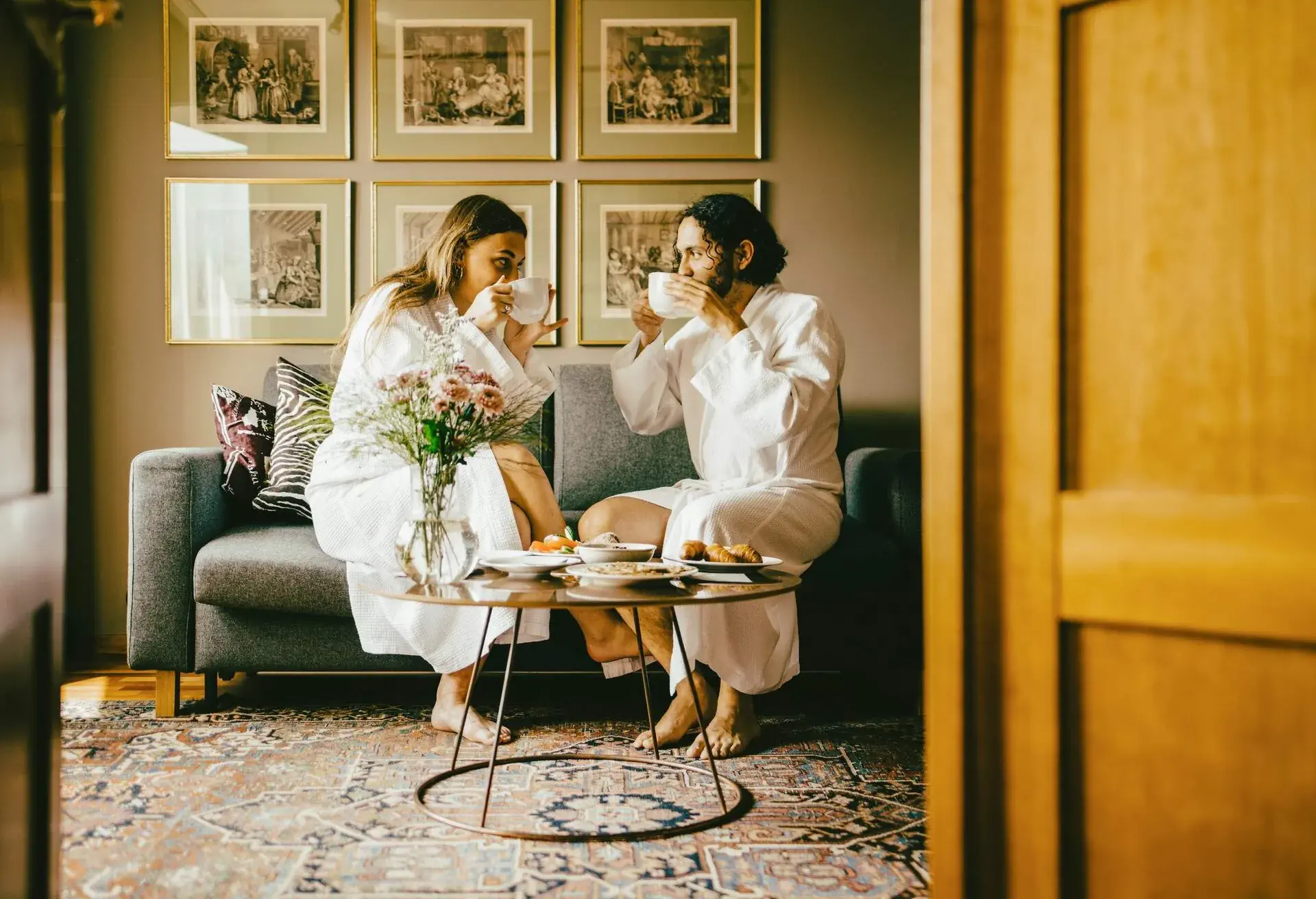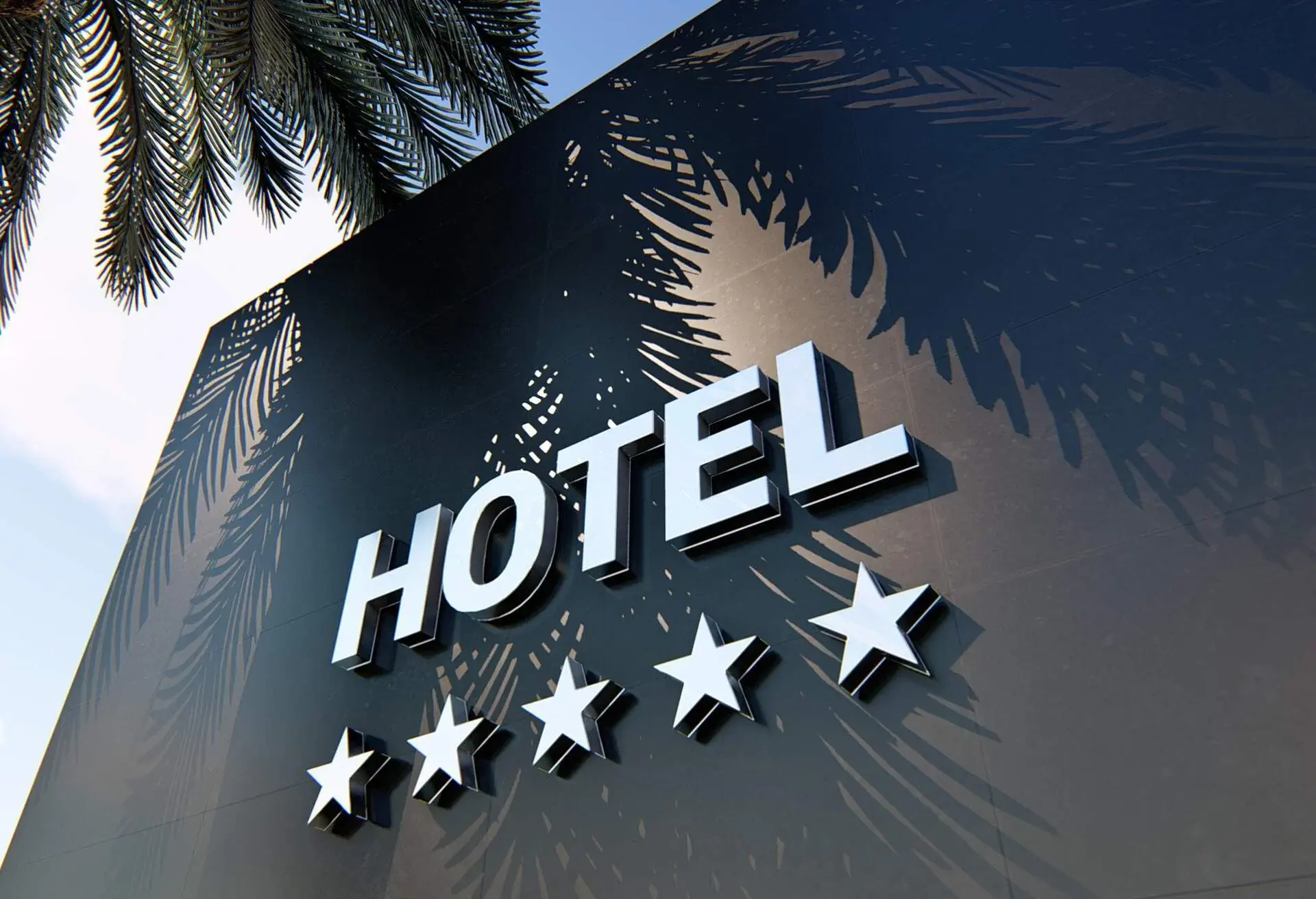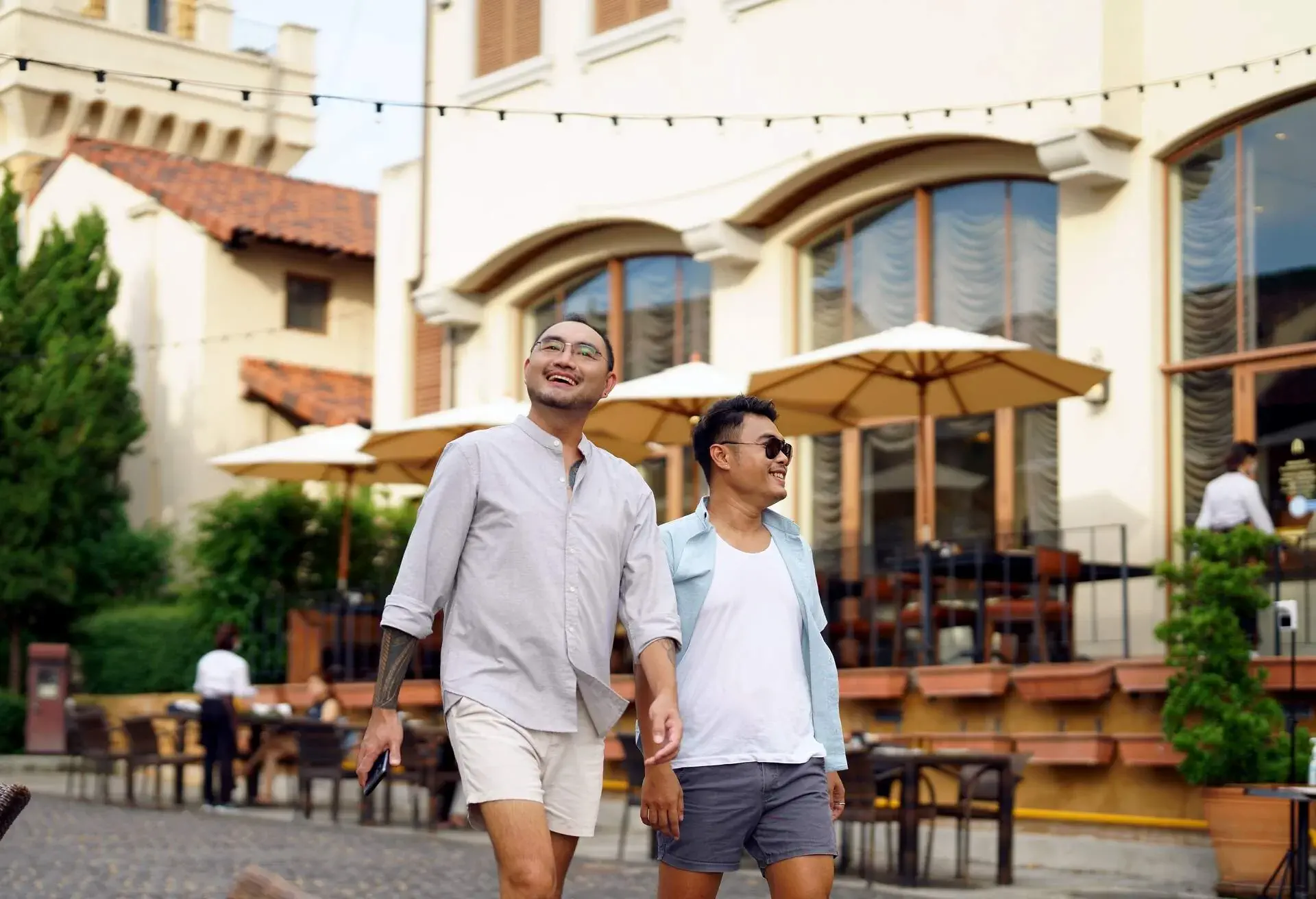I am a luxury travel journalist by trade, so it’s fair to say I am pretty fussy when it comes to finding the perfect hotel stay, especially when it comes to a boutique hotel. But what is a boutique hotel? Well, a hotel is very much like a home. It reflects you, your tastes and your personality. Booking one goes far beyond price or location. When it comes to deciding whether you want to take the plunge and ditch the corporate hotel in favour of a boutique one, it all comes down to one thing alone: your values.
Over the last few years, I have opted for family-run hotels because they care for, support and help communities grow. They often employ locals and pretty much the entire experience is tailored to travellers in search of an authentic hotel stay curated by the people who know it best. Knowing what to look out for and the key things and characteristics that make a boutique hotel so special can often be a little daunting at first, so to make it that little bit easier, we’ve put together a handy guide so you can find the best lodgings for you and your own individual tastes.
- What is a boutique hotel?
- What are the key features and design elements in boutique hotels?
- Does a boutique hotel offer an even better guest experience?
- Are the locations of a boutique hotel better?
- What’s the food like at a boutique hotel?
- My favourite boutique hotels to stay at
- The key differences between a boutique hotel and a regular hotel
- Conclusion
- How does KAYAK know what to put in this guide?
What is a boutique hotel?
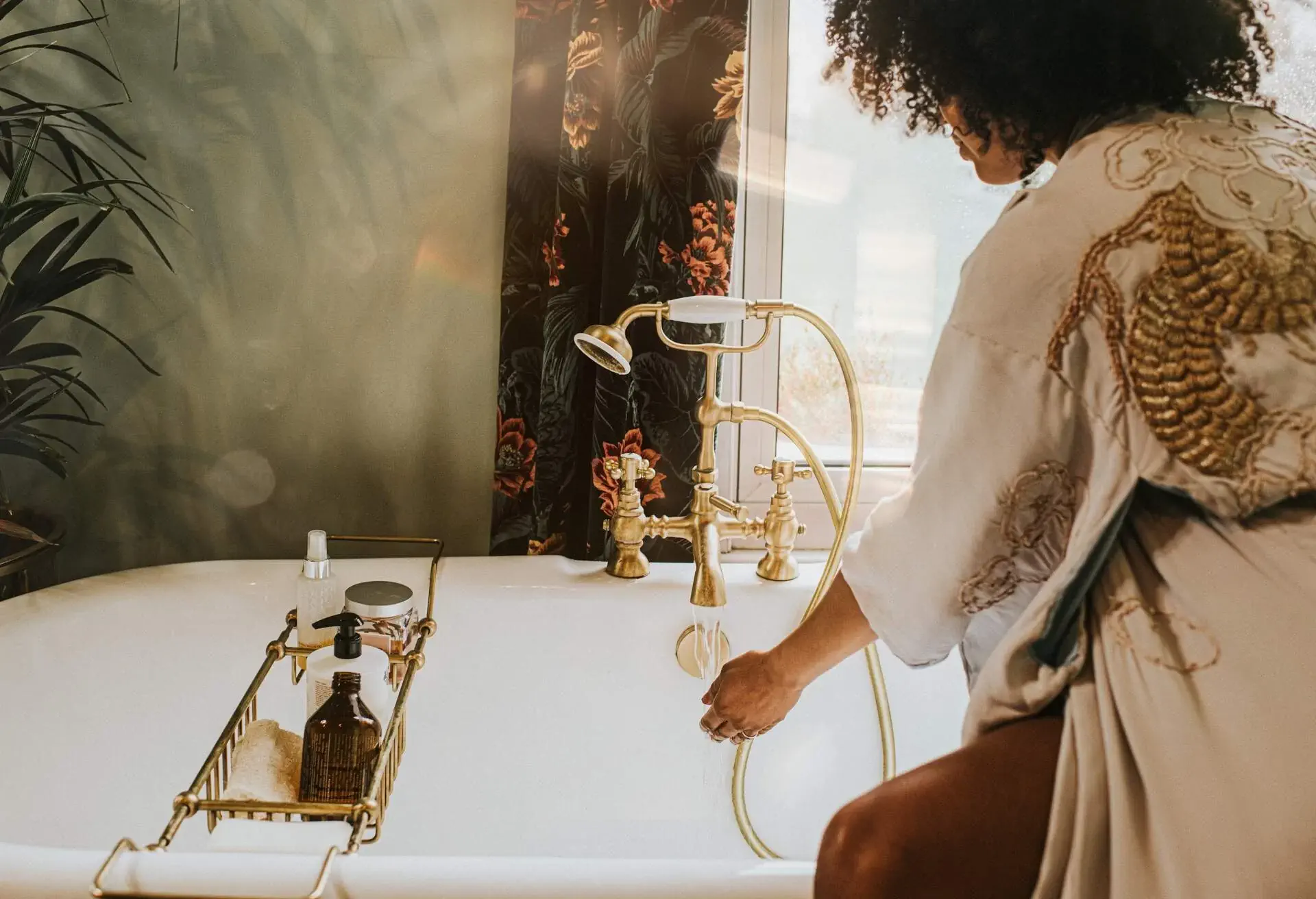
So, first things first: what even is a boutique hotel? There is no strict definition, but whenever someone asks me this question my answer is simple: nothing corporate. That’s exactly the sentiment I had in mind while I was on a recent trip to Japan. Yes, there are mega hotel chains like Bulgari, Marriott and more, but I wanted to swap the mega luxe for something smaller, more intimate, familial, traditional and stylish. And that’s exactly what the boutique hotel experience offers. If you’ve never once stayed in one, think of them as something in the middle between a budget hostel and a 5-star luxury hotel.
When I was in Japan, for example, I stayed in a small, converted ryokan (a traditional Japanese home) in Kyoto. It was a small upscale hotel with only 23 rooms located within the ancient walls of the city complete with a bar, restaurant and concierge team who knew all the locals personally. This, in a nutshell, sums up the fullest and best boutique hotel experience out there. Hyper-local, tailored and nestled in a perfect location.
What are the key features and design elements in boutique hotels?
Unlike big brands that follow star ratings and numerous strict brand guidelines, there are no explicit rules set in place to define a boutique hotel stay. Generally, they are much smaller in size (some may have as little as five rooms) and are often located in up-and-coming or fashionable urban city areas. Many are more intimate compared to other hotels, which as a result makes the service a lot more personable and intimate. Whenever I stay in smaller hotels, the staff are generally way more relaxed than they are robotic and are a lot more likely to treat you as a friend as opposed to just another guest who checks in and checks out. The point is that you are made to feel part of the family as opposed to just another credit card they swipe.
A boutique hotel is all about detail
As for style rules, boutique stays are much more unique and bougie in style. When I travel (which is a lot thanks to my job) I am often on the lookout for hotels that ooze character and individuality and not a clinical space that’s simply designed for a little R&R. That’s, what I say, is the real beauty of staying boutique. All have unique design features, themes and luxury historical details you often do not find in big hitter trademarks like Hilton or Four Seasons. They are often the work of local designers who source everything from the furniture to the beds and the art on the walls, all usually from nearby antique dealers or from across their native homeland. The result is a hotel experience that is way more curated, ambient and above all, homely.
As I have learned over the years, a handful of boutique hotel styles might not suit everyone’s tastes (my advice is to always check and request certain rooms before you book) but the general idea is that most follow contemporary, chic and stylish vibes set to the tune of the year’s biggest magazine trends.
Boutique hotels are also much smaller businesses, so they tend to have an excellent eco-friendly track record. Most, if not all, will always ensure their products, from amenities to food and more are sourced locally and because most focus on homegrown design, a lot of the furniture and curios have often been upcycled or are hewn from native materials.
Does a boutique hotel offer an even better guest experience?
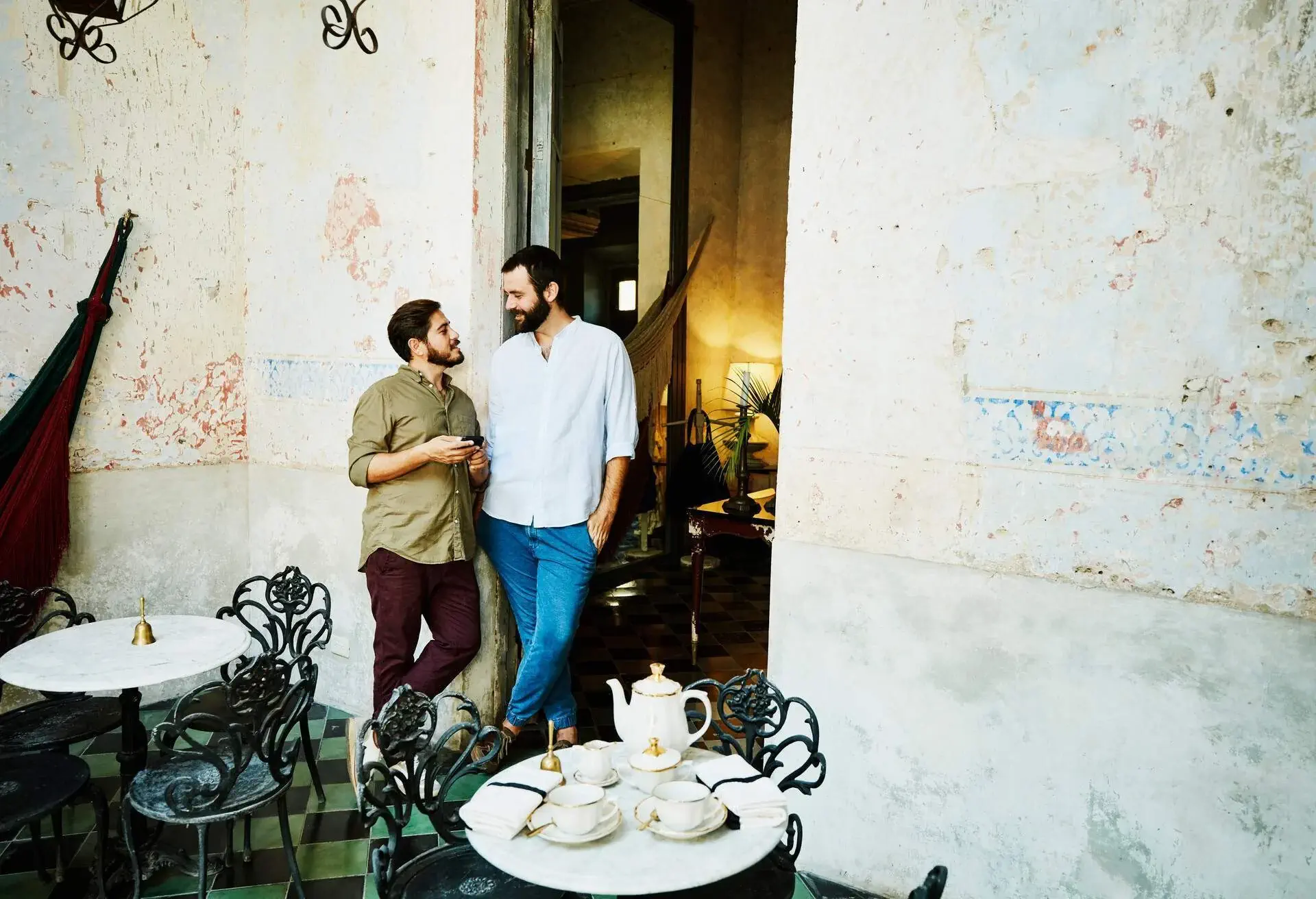
The truth is it all depends on the type of hotel experience you are looking for. Some travellers prefer to be in their comfort zones so opt for the bigger hotel chains as they see them as a safe and comfortable bet, whereas other travellers like myself prefer to plunge themselves into the adventure of a new and hyper-local experience.
Local community support
Many, if not all boutique hotels, prefer to partner up with local artists, brands, tour guides and food suppliers to give a taste of authenticity to their guests. This is often in the form of bespoke amenities like tailored fashion houses in the boutiques, artisanal body washes and creams in the bathrooms and extensively researched experiences and excursions that many of the bigger hotels simply don’t have the time to offer.
Personalised service
The biggest perk I find, however, is the concierge team. Service from booking to checkout is meticulously personalised and is always tailored to your individual needs. On a trip I made to South Africa last year, every part of my boutique hotel stay in Johannesburg was crafted by local expertise. From jazz-themed coffee shop tours to exclusive out-of-hours access to attractions and lunch and dinners at family-run eateries, this particular boutique hotel offered unrivalled partnerships that gave me a taste of what the area and region had to offer through the eyes of the locals.
Hotels, for me, are all about the service and I much prefer listening to someone who has a passion for where they live instead of a robot-trained corporate whose job it is to sell hard. Great customer service is very much part of the boutique hotel experience and very few big brands can offer such consistently and successfully. If you want soul and a personality, plus a great selection of things to do put together by an expert, my advice is simple, ditch the corp for the indie.
Are the locations of a boutique hotel better?

Location is really what sets big hotel groups from independent boutiques most. Look around any big city and you will notice that many of the bigger hotels and resorts are located by big train stations, within walking distance of great big landmarks, or just outside of the city to help bring down the price. Boutiques, on the other hand, are often found in a city’s more fashionably diverse areas, where cultural hotspots and attractions reign supreme.
Take London, my home, for example. Neighbourhoods like Bloomsbury, Notting Hill, Kensington and Shoreditch are home to some of the capital’s best independent boutique hotels. While some share streets with huge urban resorts, others are hidden in residential haunts (many of them in exquisite period buildings) behind all the action but are still within easy reach of all the great things London has to offer. Some are better located than others, but the general rule is that boutique hotels provide (and prioritise) the easiest access to a city’s most in-demand cultural hotspots.
Experience local life
Another great reason to stay in an independent hotel is that you get to live with the locals for a couple of days. You’ll often find yourself lost in their go-to coffee shops, bookshops, supermarkets, galleries and fashion boutiques, many of which you won’t even find in up-to-date guidebooks. This also allows you to meet people and who knows, you might even make long-lasting friends along the way, too.
What’s the food like at a boutique hotel?
If you are a foodie you are in for an authentic taste of the good stuff. Boutique hotels believe in the joys of hyper-local gourmet eating. Say for example you find yourself in a small cottage-themed pub hotel in rural England. The chances are that you’ll find seasonal grub from corn-fed chickens to veggies from the garden on the menu. The point is, the chefs and even the owners of these hotels want you to taste homegrown talent and the best part is, many of the restaurants you find in them are becoming destinations in their own right.
When I travelled across Japan one of my stops was at the Luxury Sowaka hotel in Kyoto. The Restaurant La BOMBANCE Gion had its own Michelin star and paired traditional ryokan living with locally sourced ingredients served on traditional crockery, plus a knockout sake collection. All the food was specific to the region and highlighted the flavours and delicacies of Japan. Why am I telling you this? Well, the point is that there was not a single inkling of a Westernised pasta or burger on the menu. When you go boutique there is always an emphasis on trying the fruits of the land and in my case, this meant trying puffer fish, eel sushi and greens I had never heard of or come across before. In comparison to your bog-standard resort, the menus are often far more innovative and will invite you to try the food the locals eat.
My favourite boutique hotels to stay at
My job is to stay at and review hotels so, naturally, I am very picky. For me, staying at a boutique hotel is always the highlight of my job (and even when I go on holiday) because I can immerse myself in the local culture, meet new people and experience a destination as if I were actually living there. Over the years, I have begun to appreciate the perks of going boutique and as a result, I always make sure to stay in one or two whenever I am abroad. As a result, I have often found myself exploring places that most tourists would never have stumbled on as most concierges will often point you in the direction of all the popular places everyone else loves going to.
It’s because of this that I have added new literature to my bookshelves, gone on tours with long-lasting memories and learned new ways of life through the perspectives of the people who know and live it best. If you are still unsure, my top pick for starter boutique hotel stays come in the form of the J.K. Place Roma in Rome located right around the corner from the Spanish Steps.
The key differences between a boutique hotel and a regular hotel
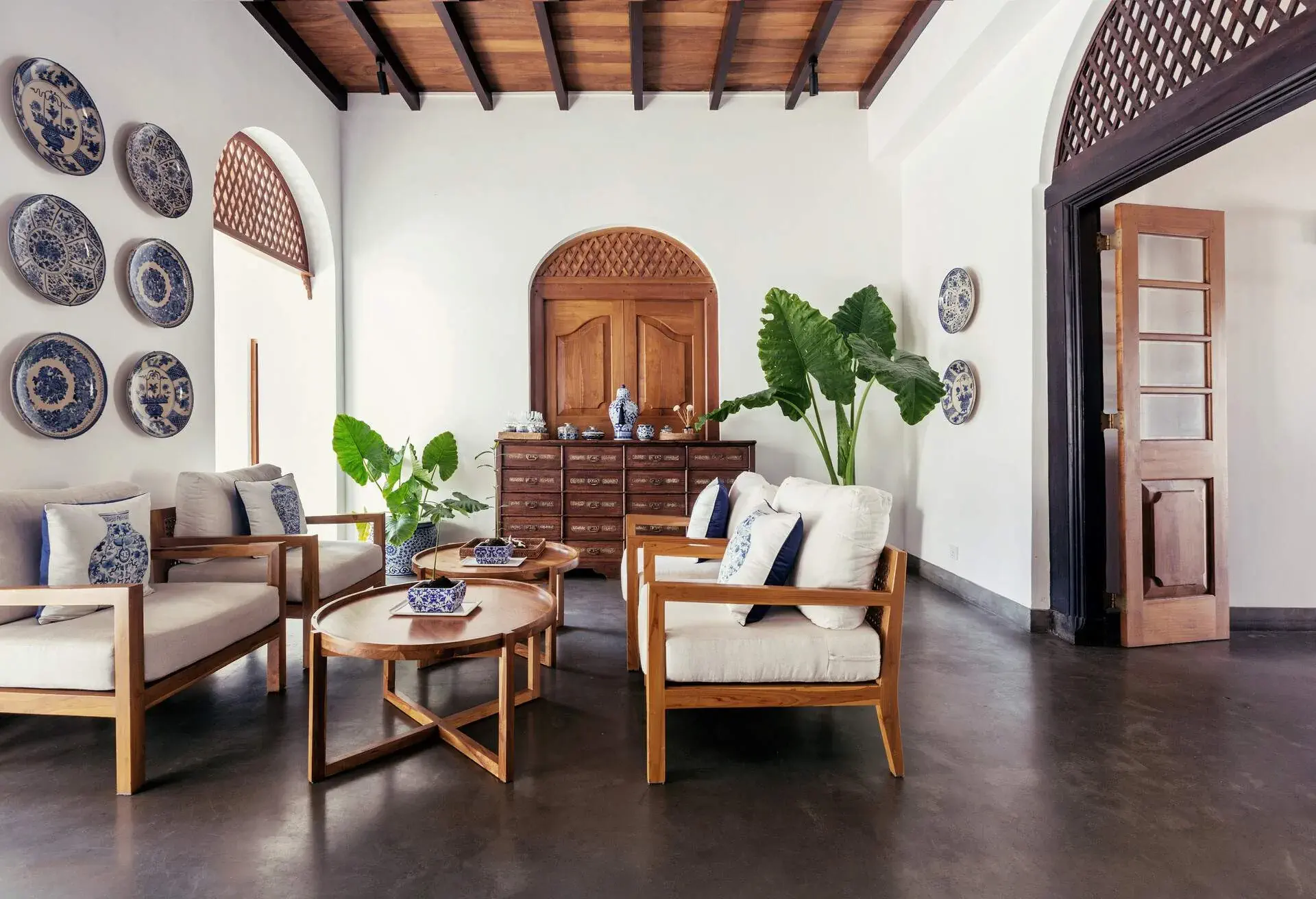
When it comes to boutique hotels vs. regular hotels, there are many key differences. Both have different audiences and cater to all sorts of needs and comforts. Most boutique hotels as I have mentioned are unique in style and create their own rich ambience thanks to their added personality and character. Unlike bigger hotel brands, they are often located right in the centre of cultural hotspots and are housed inside small, period buildings with fewer rooms. Think of them as one-of-a-kind stays that do their best to stand out from the rest of the competition. An even bigger difference is that traditional hotels tend to cater to more off-the-mill luxury experiences; while independent boutique hotels prefer to curate services based on the individual needs of their guests.
Target market
Boutique hotels tend to attract travellers in search of trends. They are often super stylish, design savvy and down to hang out with the locals and get down and dirty outside of their comfort zones. Think middle-class millennials who love nothing like the perfect Instagram opportunity. How does this compare to a regular hotel? Aesthetic plays a huge part. Traditional hotel brands generally cater to the general public which means everything is a little more neutral, to the point and in terms of cuisine, aligns to the target market (yes, you’ll see a burger and a club sandwich on literally every food menu you can find).
Bigger hotels will also often attract guests who are in search of comfort and know what they like. In other words, they bring in creatures of habit who want to take advantage of the resort life: a big pool, spa, fitness centre and 24-hour room service.
Luxury or boutique hotel?
Then, of course, there’s the price. Branded luxury hotels that partner up with labels and big fashion houses will always be more costly, especially if they are five-starred. While there is a luxury boutique market, overall, you get more for your buck and won’t find yourself having to re-mortgage your home to finance your holiday.
Conclusion
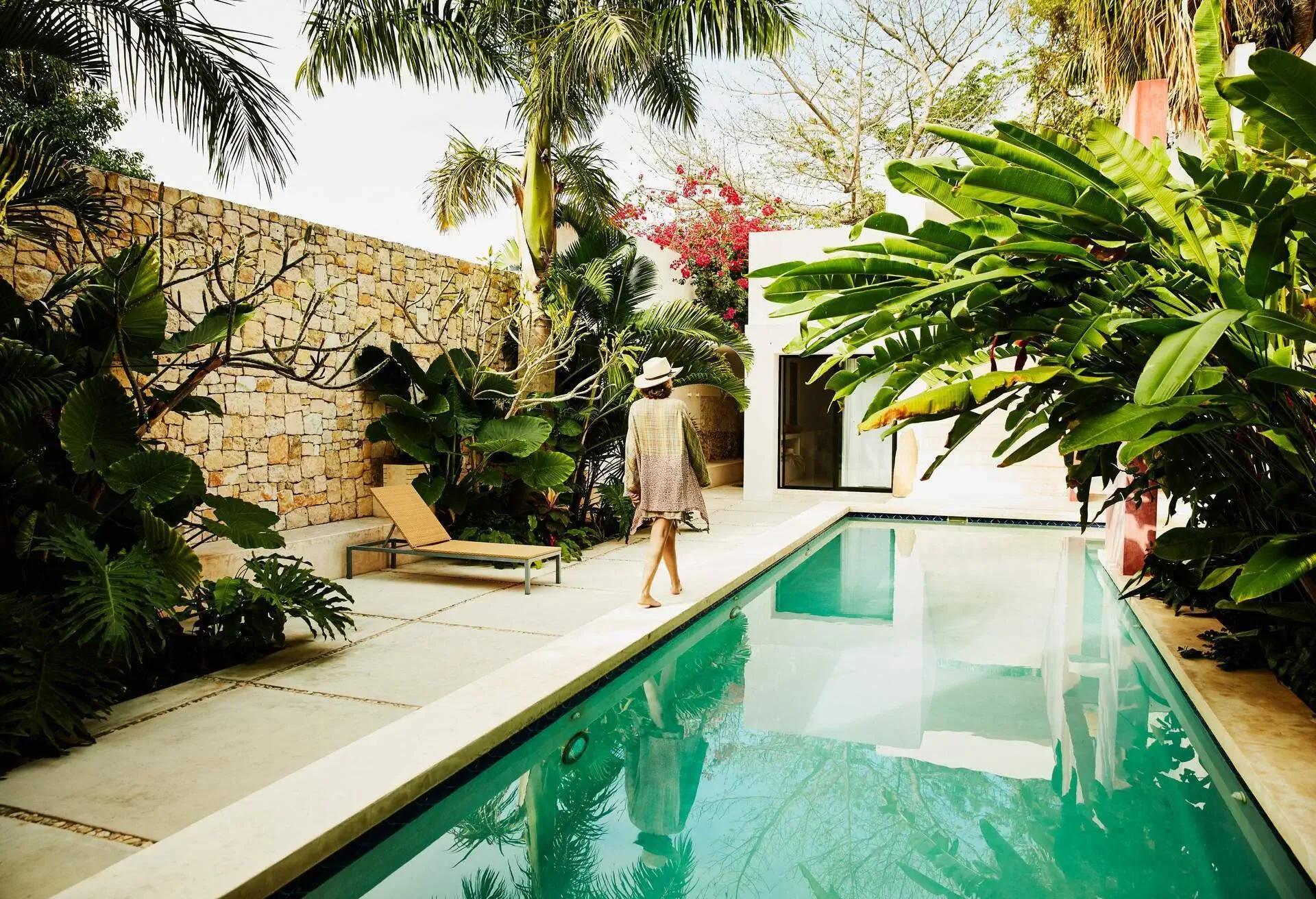
To wrap things up, boutique hotels are best booked by those looking for unique experiences, storied period properties, intimate settings and excellent, highly personalised service. The beauty of travel is exploring the unknown and getting to know a location beyond the surface level. Staying at a boutique hotel gives you this and more and the chances are that after experiencing your first, you’ll never go back to that stuffy, corporate you once loved and adored.
Some of my favourite cities to stay in a boutique hotel
I understand that individual style is important to everyone, so choosing your perfect hotel stay comes easier with KAYAK. Using the style filter in your destination hotel search, you will find the ideal boutique hotel for you. Just look for the Style filter on the left of your search result page, when looking for hotels in KAYAK and see the results change and adapt to your style choice. That simple!
How does KAYAK know what to put in this guide?
Travelling is all about adventure and immersing yourself in the great unknown. I love searching and knowing all the best places to stay across the globe, whether I find them on social media or through personal recommendations. Alongside my personal experiences and the proper KAYAK search engine tools, all products are pulled from extensive research, which on every flight and every transfer, have helped me stay passionate about my travels and those who follow me and read my work pick the perfect stays, whatever their needs.

